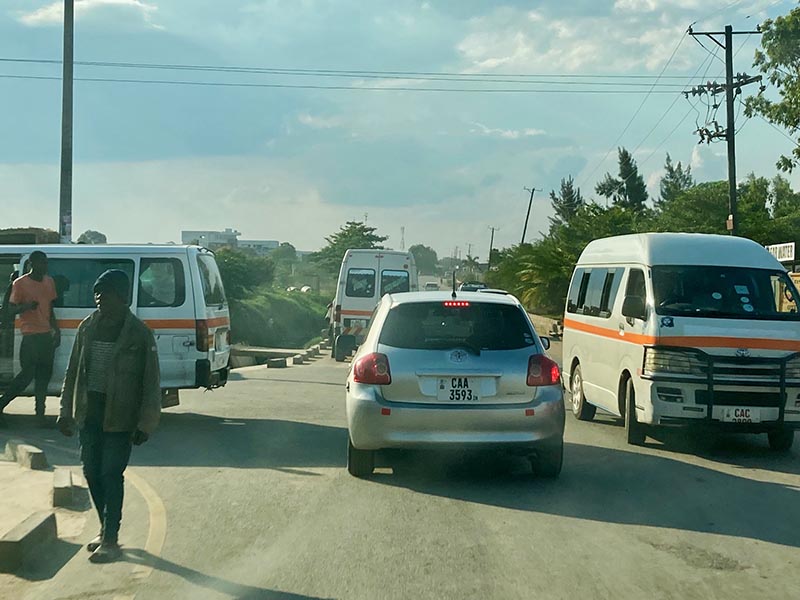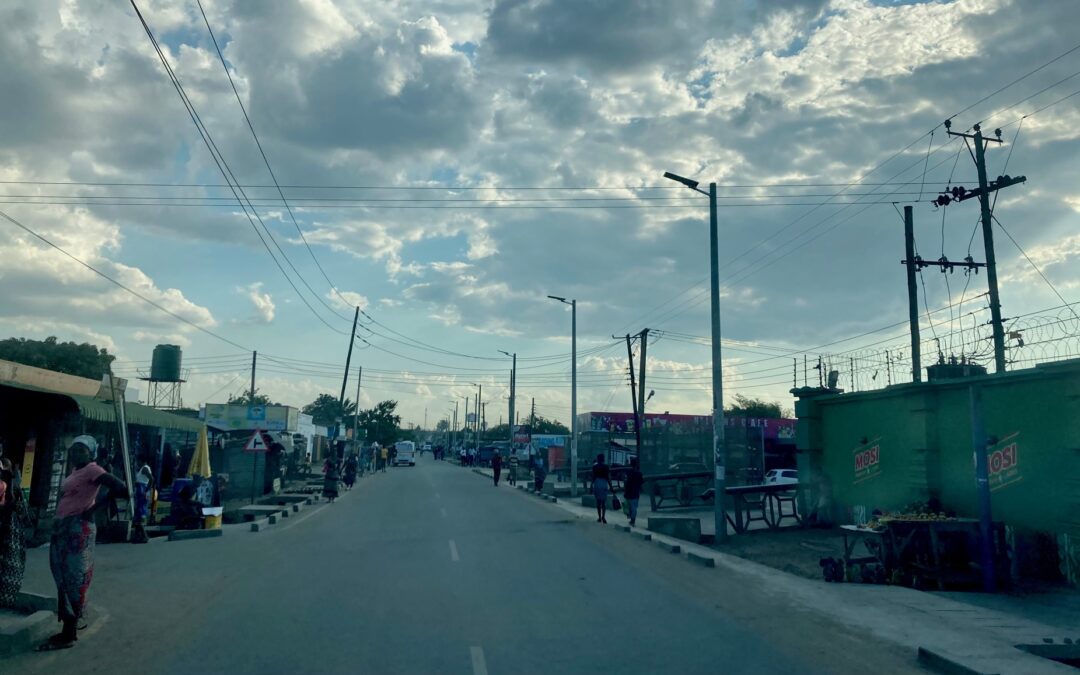I did not travel to Africa expecting it to be like the United States. I was well aware that I was going to a place that operated differently than what I was used to. That said, it is always interesting to see how these differences actually reveal themselves.
The trip that we planned had three main parts:
Come and see: this was mainly about witnessing the work of our missionaries, others in their sphere, and getting a feel for the place that they lived
Teaching: training pastors, students, and churches ion a variety of different contexts
Rest and Recharge: helping our missionaries to get some much needed time away
As I tell the story of the trip, you will see that these three are not clearly delineated. Some days had a bit of all three, others were more heavily aimed at one. The come and see portion of the trip started when the plane touched down and lasted until we left. Before we get into all of the details, I want to point to some aspects of life in Africa that stood out to me as I was there.
Africans live in a land of contrasts
Many people who travel to developing countries are shocked by the poverty. While it is amazing to witness people surviving on far less than we do, this is not the part that stood out to me. What amazed me about Zambia was how rich it was.
Every day, as we drove around Lusaka, we passed by people with very little, while also being passed in the opposite direction by a $200,000 car. The land is filled with a wealth of natural resources, the ingenuity of 40 million people, and an incredible work ethic. Yet so many of the people do not experience the benefits of this.
Zambia is in a better place than many of its neighbors; three adjacent countries: DRC, Mozambique, and Malawi all rank in the top ten poorest countries in the world (Zambia is 32). It is boggling to see the potential and existing riches not get to so many who need it. I am well aware that the gap between the rich and poor exists in every country (and may be even greater in ours), but it seems so stark when people are literally starving.
Corruption is the norm
Again, I expected this, but it is a bit different to see this in action. The best example I can give is: anytime that you drive in Lusaka, you will go through a police checkpoints. These stops are less about weeding out criminals, and more about finding out who can be extorted for bribe money. As you pass through, you may simply roll by without a problem, or be stopped and questioned for some time, or threatened with arrest. None of these results are based on what you do, but only on what the police think that they can get from you. Everyone knows that it is corrupt, but it is also just how it is.This is true, not only of the police, but also customs officers and immigration officials. Every part of life is fraught with the potential of being abused for a payout.
While we were there, one of the pastors was threatened by the ‘head woman’ in his community with seizure of his land. She claimed that his purchase was not valid, even though he used a property agent for the transaction. Ultimately, she gave him the option of buying his way out of the problem, which would simply mean giving her a little bit of money to make it go away. Faced with losing all that he had invested in the property, he was stuck (there is no authority to appeal this to unless you are well connected). He was still in the process of trying to talk his way out of it when we left Zambia. The way forward is often not clear.
Electricity is a luxury
In the midst of a major drought, with the majority of its power coming from hydroelectricity, Zambia has an electrical crisis. When we were there, this meant 2-3 hours of electricity a day. While many stores and those with resources have generators or solar to cope with this, many do not have this luxury.
This adds to the chaos of driving, where traffic lights are often out (the driving was crazy even where the lights were operational). It limits what you can buy, as refrigerators and freezers are out for most of the day. It means having to get creative with how to charge your phone. Just like America, many aspects of life are reliant on electricity. The difference is, you can’t plan on it in Zambia. You just have to get used to doing work around the hours when the power is on.
This makes me wonder: what are the issues we have in America that would be obvious to people visiting us from afar? What are our sins that would shock them? How is our culture breaking us down and weakening us toward temptations? Visiting people who have gotten used to their culture makes me wonder more about where our blind spots are.


